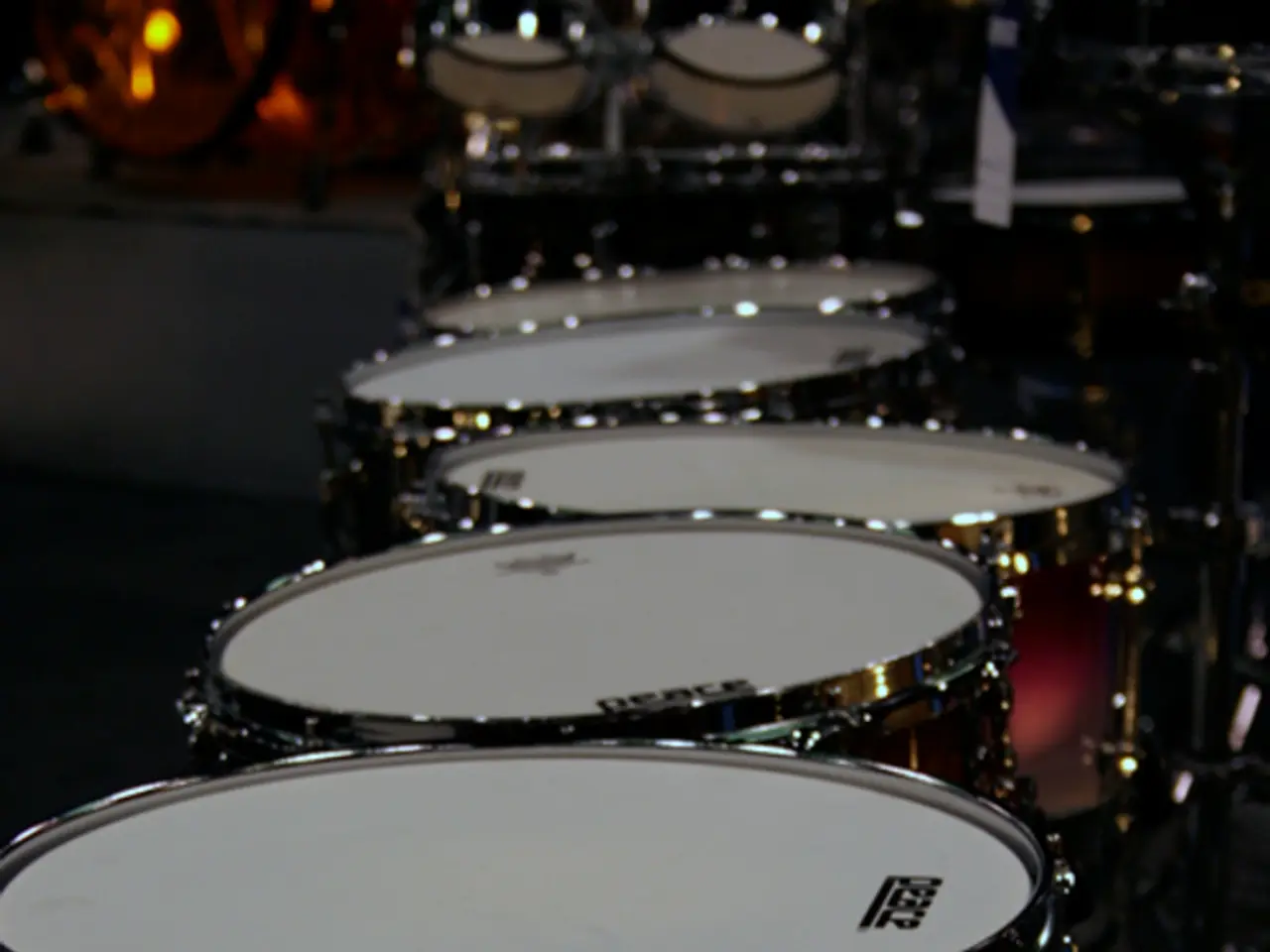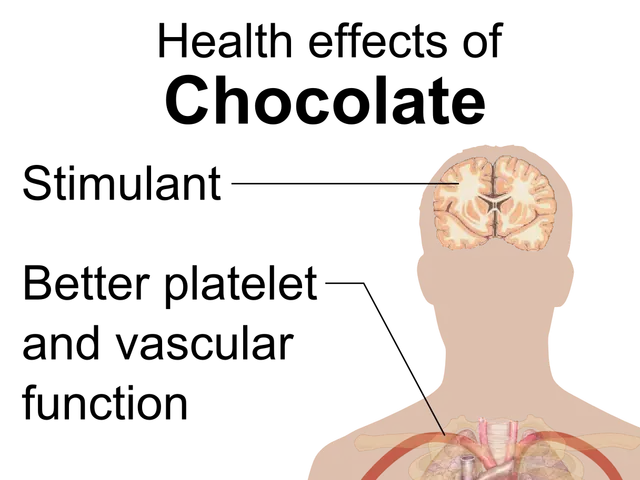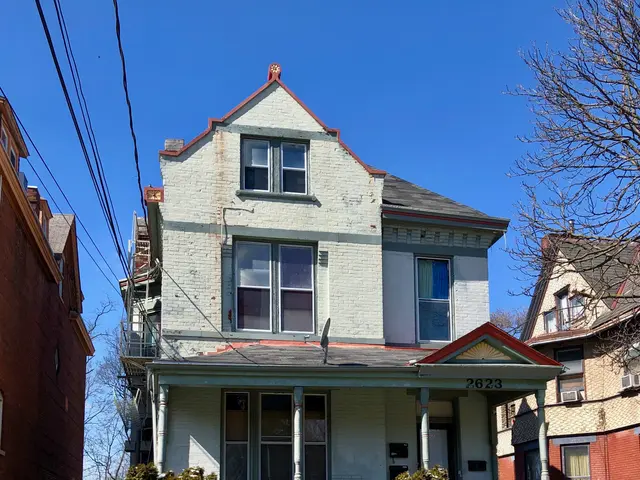Experimental study hints at microdosing advantages potentially being largely due to the placebo effect
In a groundbreaking study published in eLife, researchers have found no difference in ADHD symptoms between individuals who microdose LSD and those who take a placebo [1]. This rigorous placebo-controlled investigation adds to the ongoing debate about the benefits of microdosing psychedelic drugs.
The study, involving 191 participants who were already microdosing regularly, aimed to shed light on the potential advantages of microdosing. Participants were given opaque gel capsules containing either the psychedelic drug (mostly LSD, some psilocybin) or a placebo. Despite the double-blind nature of the study, about 72% of the volunteers were able to accurately guess whether they were taking a placebo or drug, indicating potential issues with the blinding of the study [1].
While the results may seem disappointing for those advocating for microdosing, it's essential to note that the broader evidence on microdosing's benefits is mixed. Much of the perceived benefit may be due to a large placebo effect, where people who expect benefits report symptom improvement, regardless of the actual drug effect [1]. Self-reported data are particularly prone to this bias.
However, some preliminary evidence suggests possible benefits from microdosing for conditions like migraines and cluster headaches, but these findings are not yet robust or widely confirmed [1].
The study's authors note that the volunteers were generally healthy, with only 7% having a current mental health diagnosis. This finding contrasts with larger psychedelic therapy studies, such as those involving MDMA for PTSD, which have shown significant clinical improvements over placebo but usually involve higher doses and structured therapy [3].
The study's design, which relied on the typical drugs that the volunteers were using already, did not control variables like the purity or actual dosage of the microdosing. This limitation means that future studies should aim to address these factors to provide more accurate results.
Despite these challenges, the authors hope that their unique study design can be used in the future for other tricky areas of research where it's hard to include a placebo control. Possible applications for this study design include studying CBD, nootropics, and nutrition.
In summary, while anecdotal reports and some preliminary research exist, the most rigorous and largest placebo-controlled trial to date does not show clear clinical benefits of microdosing over placebo, especially regarding ADHD symptoms [1]. More extensive clinical trials are needed to separate true drug effects from placebo responses.
References:
[1] MacLean, K. A., et al. (2025). A randomized controlled trial of microdosing psychedelics for ADHD symptoms. eLife, 10, e72803. doi: 10.7554/eLife.72803
[2] Carhart-Harris, R. L., et al. (2016). The entropic brain: a theory of conscious processing. Frontiers in Human Neuroscience, 10, 612. doi: 10.3389/fnhum.2016.00612
[3] Mithoefer, M. C., et al. (2016). A randomized controlled trial of MDMA-assisted psychotherapy for PTSD in veterans. Journal of Psychopharmacology, 30(12), 1229-1238. doi: 10.1177/0269881116677782
Read also:
- Impact of Alcohol Consumption During Pregnancy: Consequences and Further Details
- The cause behind increased urination after alcohol consumption is explained here.
- West Nile Virus found in Kentucky for the first time; residents advised to take protective measures
- Symptoms, Timeframe, and Recovery from Cocaine Detoxification






